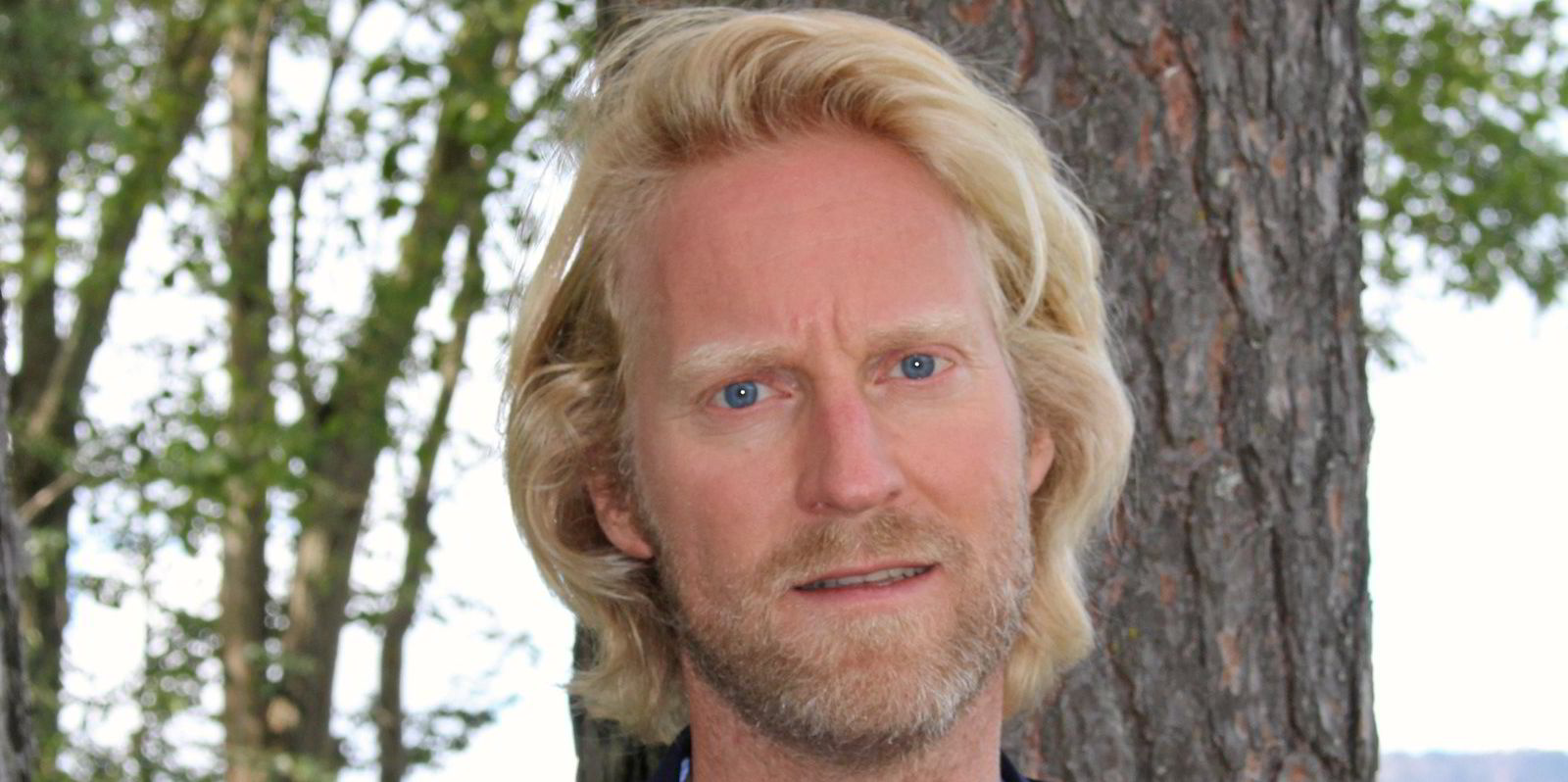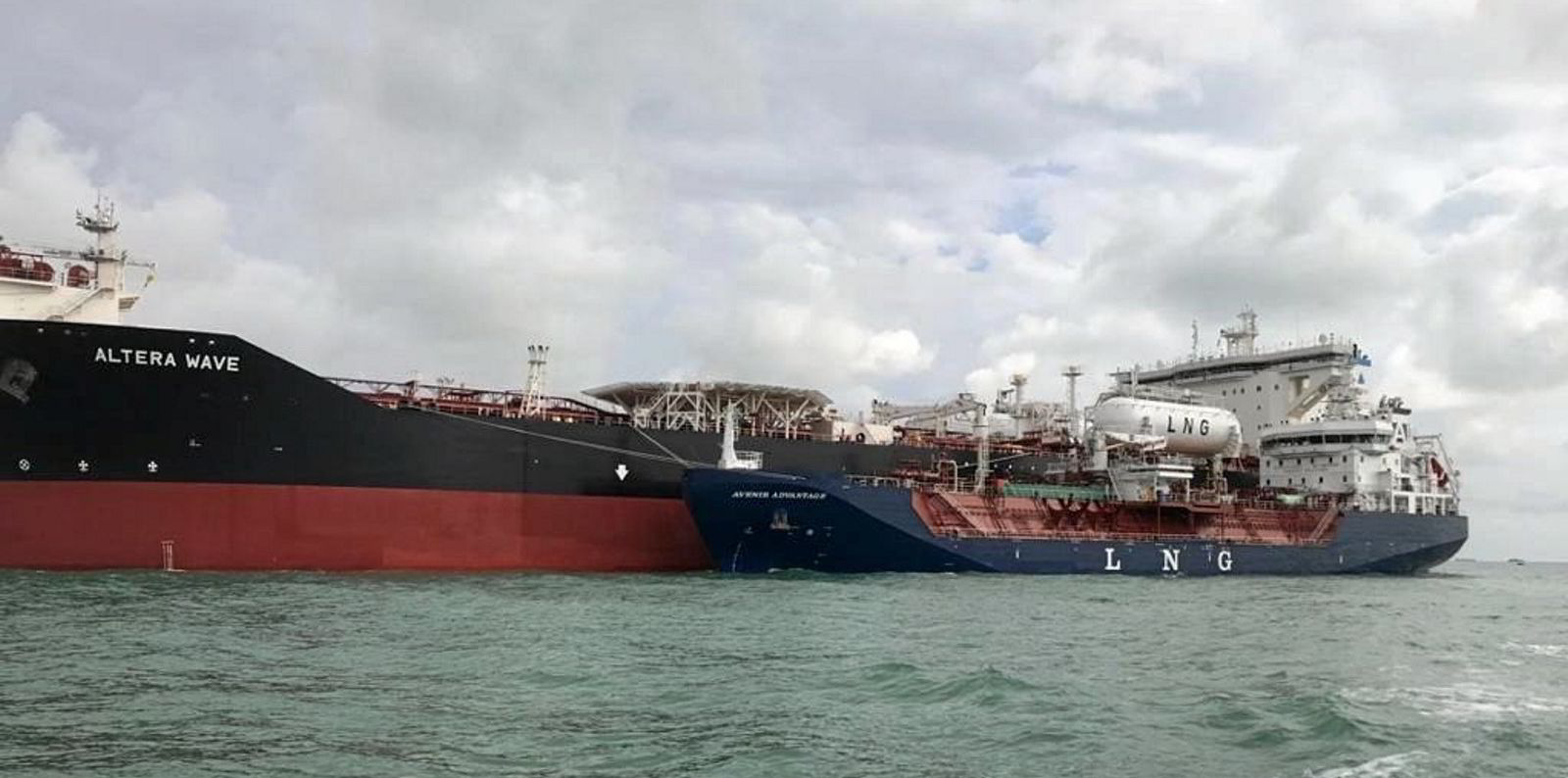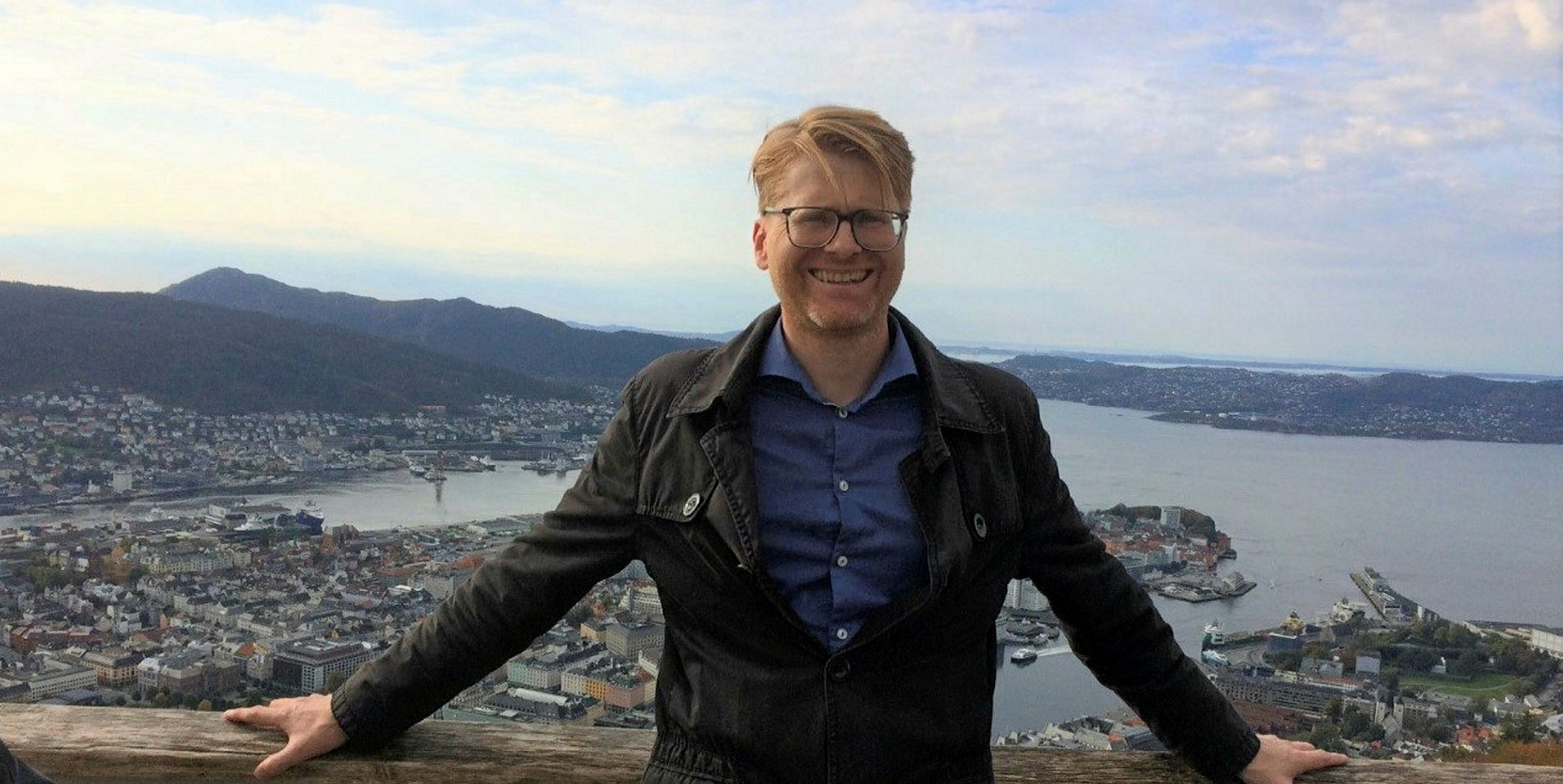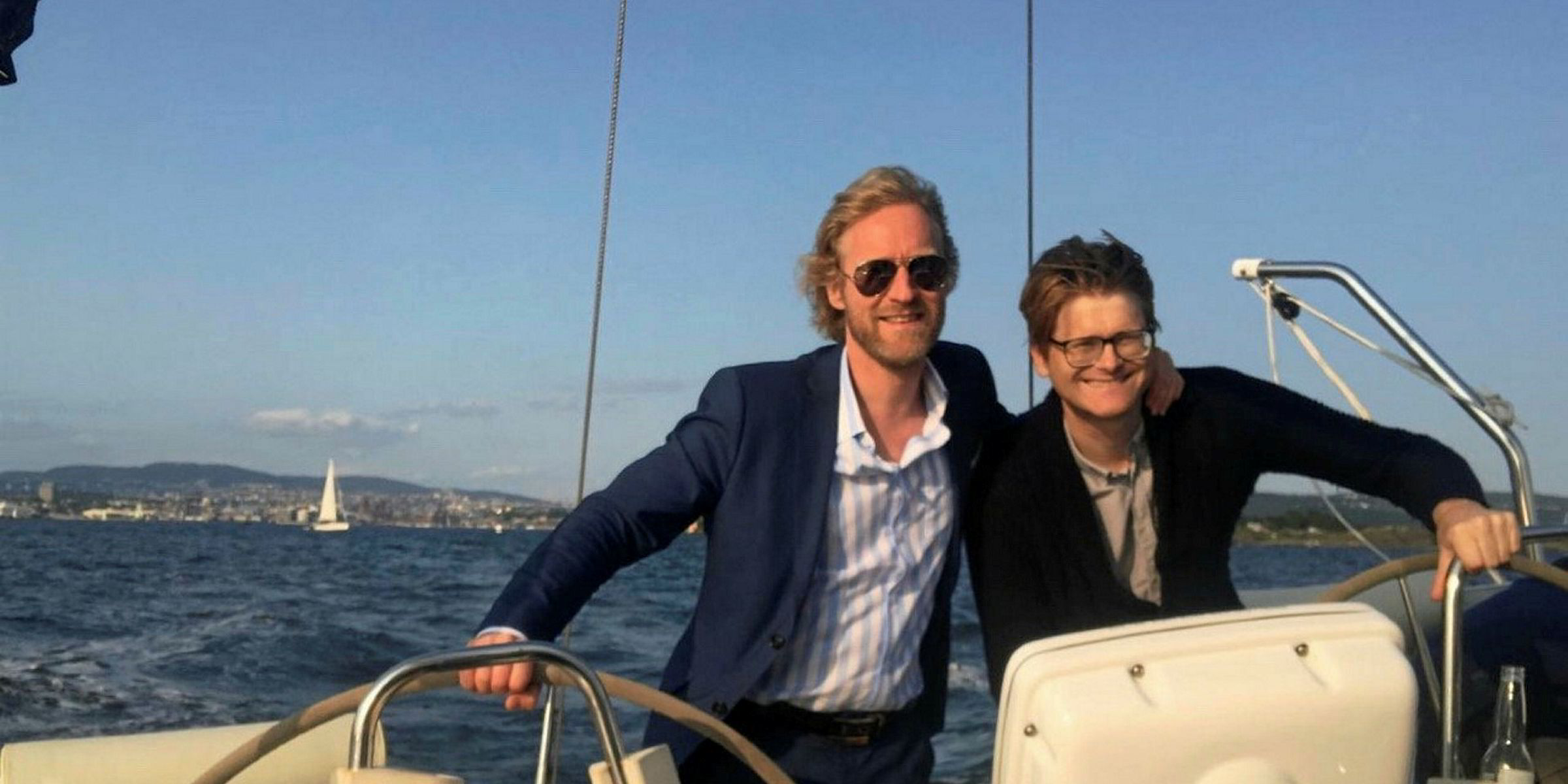Norway's Cryo Shipping has carried out its first LNG bunkering job in the Far East, with a fuelling that sets a record for the Far East.
Cryo managing director Nicolai Olsen told TradeWinds his customer, the 103,500-dwt shuttle tanker Altera Wave (built 2021), is "the largest LNG powered merchant ship to be supplied with LNG from a bunker vessel in Asia and Oceania".
The job was done on 24 January in Malaysian waters of the Singapore Strait, with a stem of about 1,800 cbm of LNG fuel from Malaysian state-owned energy major Petronas, delivered by the 7,500-cbm LNG bunkering vessel Avenir Advantage (built 2020).
Altera Shuttle Tankers' Altera Wave and its sistership under construction at South Korea's Samsung Heavy Industry are billed as the world's most environmentally friendly shuttle tankers.
Olsen is sole owner of Cryo Shipping after buying out his former partner Are Magnussen last year. The two former Kristian Gerhard Jebsen executives set up Cryo in Bergen in 2019.

"We are a very small player in comparison with some, but we can move quickly, on a few hours' notice when it is a truck-to-ship delivery," Olsen said.
Cryo supplies LNG and biogas to most ports in Europe, and Olsen said it is the biggest LNG supplier in Copehhagen-Malmo and in Klaipeda. Its operations are expanding from truck delivery into LNG bunkering at sea, using spot tonnage in Europe and now also in Asia.
But as the supply of LNG bunkering tonnage in Europe increases, Cryo has plans to operate a time-chartered fleet.
"In Europe we are now looking at taking small bunkering vessels on a short period basis," he said. The basis for such operations would be contract of affreightment business that Cryo would perform in a range from Zeebrugge and Rotterdam to the Norwegian coast.
In February, Olsen expects two more jobs on the scale of this week's bunkering, one in Asia and one in Europe.
"For the larger bunkering jobs, we need volume. Our budget is to average one job a month in the first six months of this year and scale up in the second half," he said. "It is a promising business as long as we can enlarge — and there need to be more vessels available to do that."





